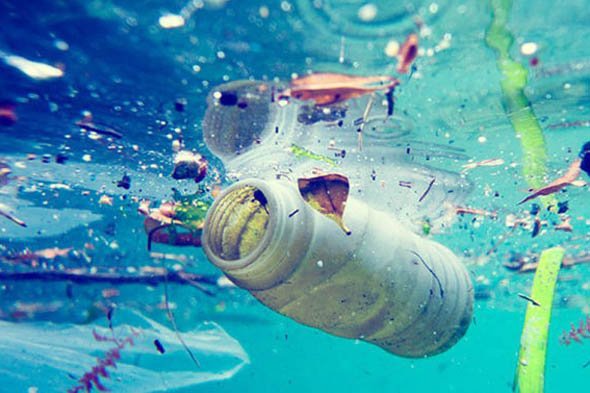Kerala Fishermen On A Mission to Save Their Kadalamma

Plastic waste is posing an environmental threat that seems to be only increasing by the day, especially to plastics that get washed into the oceans. These plastics find its way through the many water bodies emptying into the ocean. The marine life face a grave danger on accord of them and as a direct consequence the seafood industry faces equally grave future.
These fishermen have first hand information on the volume of plastic debris that the floats about the sea. The impact it has had on the fish stock is terrible and evident. Climatic changes and over fishing are also factors that have led to diminishing fish stock. However the role that plastic debris play is obvious and indisputable.
Many species of fish consume plastic objects mistaking them to be the prey. Consumption of plastic has led to malnutrition and poisoning of many species of fish. Fisher men have in the last decade experienced a dip in their haul, to the extent that they now bring back only one fifth of what they once could.
Fishermen in Kollam, in southern Kerala have decided to do their part to curb this menace and save their “Kadalamma” as they fondly call the ocean. It is not new for any of the fishermen in the recent past to fish loads of plastic along with fish. They have realized that the plastic menace has to be dealt with head on if they were to sustain their livelihood.
A group of about 5000 fishermen with help and support of the Minister of Fisheries Ms. Mercikutty Amma have started to on mission to do their part to clean and save their oceans. They no longer throw the plastic that land in their fishing net. They instead bring it back to the shore.
The fisheries department and other related departments including the department for women’s empowerment have come forward to help this group. A group of about 30 women have been employed to sort and clean out the plastics collected. The plastic that cannot be recycled are being shredded and sold to local construction companies. This is used by them to strengthen asphalt for laying roads. The revenue from the recycling and sales is used to pay the salaries of the women, thus empowering women in the process.
Many of the nearby fishing communities are following this and cleaning out many backwaters and rivers. Many smaller groups are including many clam collectors have been helped to obtain financial help to start their own recycling units. The spirit of these fishermen is indeed commendable.
Such environmental issues can be tackled only as communities and not by individuals. Such initiatives educate the local people about the dangers of plastic thus encouraging them to avoid plastic as much as possible. Willing participation and not forced implementation can bring about large scale and sustainable measures against plastic threat and other environmental issues.
Let us hope that fishermen across the globe feel inspired by this group and begin to take similar responsible actions. Environmental awareness need not be restricted to just the fishing community, every human being can lend their support towards a safer and sustainable world.


+ There are no comments
Add yours